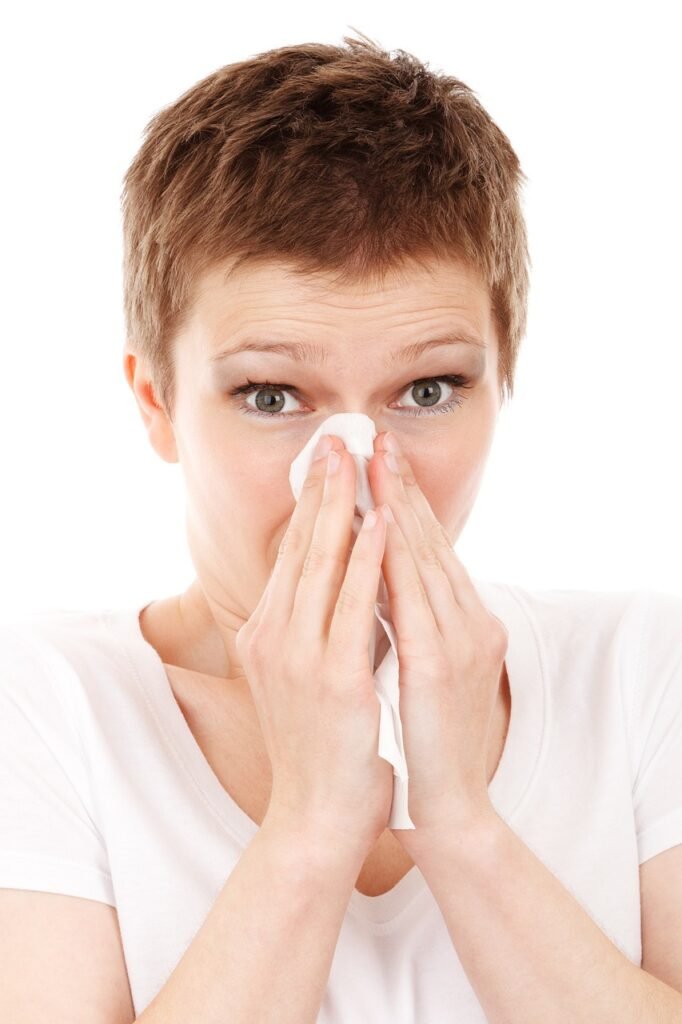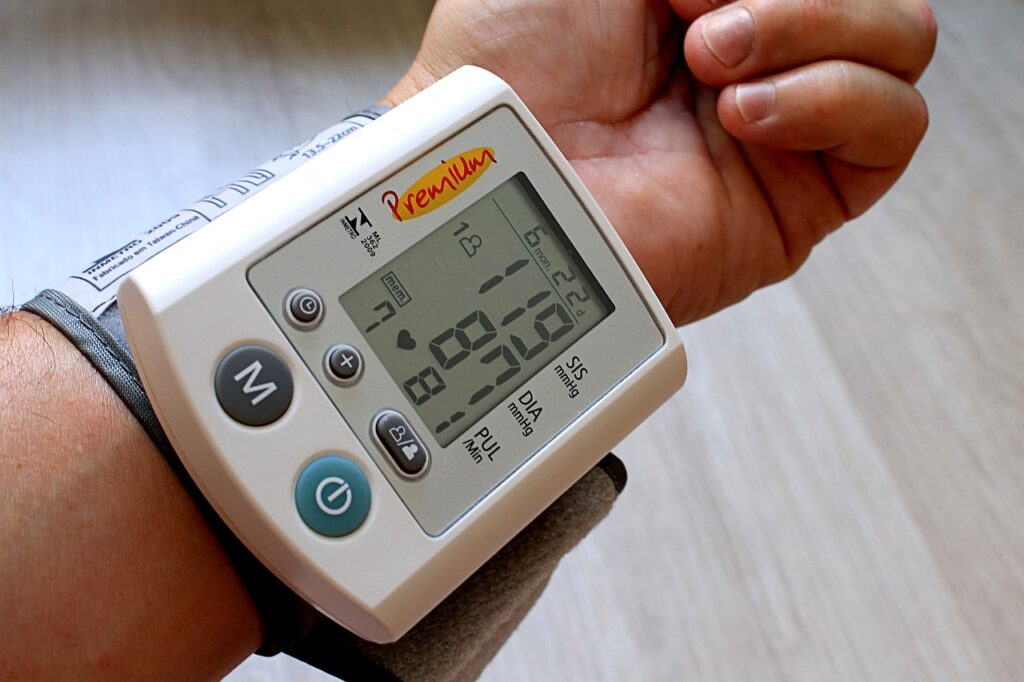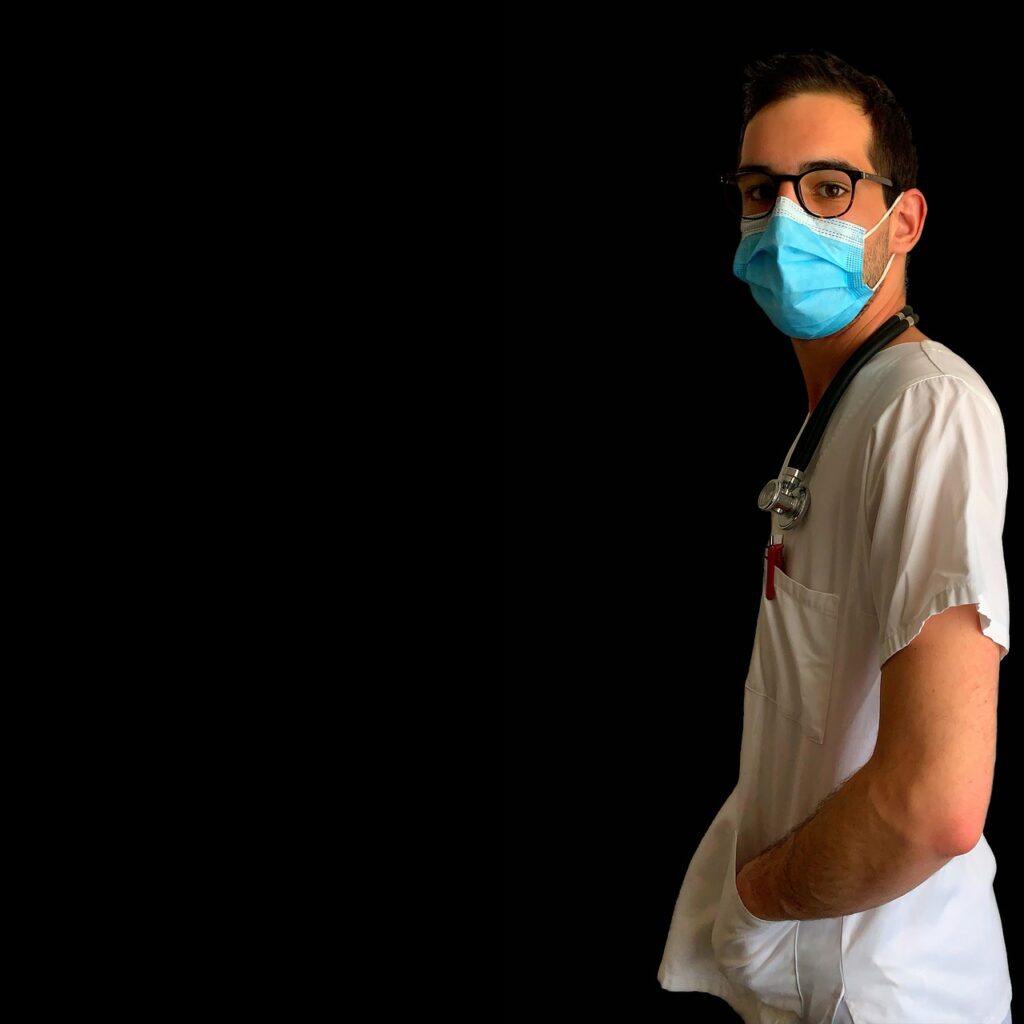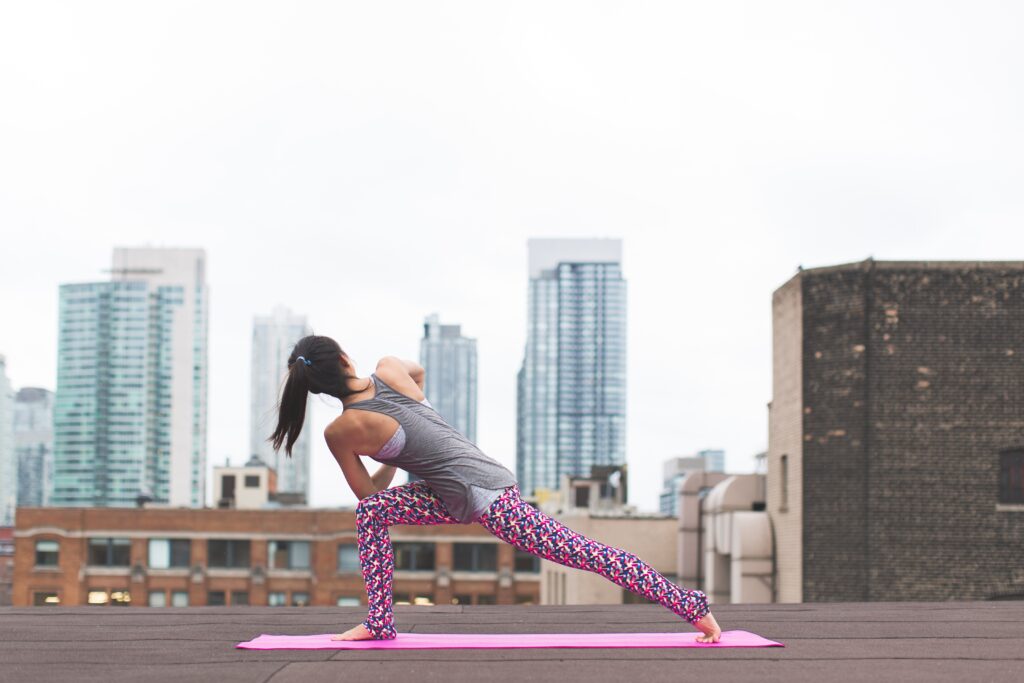Booking a vacation to travel abroad can be fun, exciting and invigorating.
Whether you’re going for a relaxing family holiday, a work trip or a lads/ladies short break it’s always good to get away from the humdrum of your day to day life.
But remember, there are a few things to take care of, particularly if you are leaving the rainy UK for sunnier climes.
The last thing you want to do is get unwell whilst abroad due to missing out on some simple precautions that you could have taken before leaving.
Sometimes, it is also the case that the country you are travelling to, will not allow you to enter unless you have taken certain precautions. Imagine spending £1000s on your dream holiday to a far-flung destination, only to be told on arrival that you won’t be allowed in to the country.
Try explaining to your kids why their long-promised safari holiday is not going to happen after all, or telling your best mate why you never turned up to his stag do!
When travelling to a foreign country consider the local geography, weather and the purpose of your trip. Taking flip flops on a ski-ing holiday is not very useful and a heavy padded, fleece jacket on the beach, may be a little too warm.
Top 3 tips on vital precautions to consider on travel vaccination
- For hot/tropical destinations adequate sun protection is vital. High SPF lotion is vital to prevent against sun damage. All major brands are available in your local pharmacy.
- Malaria prophylaxis. Many parts of Africa, Asia and the Far East are classed as at-risk regions for malaria. It is vital when travelling to these areas to take the adequate precautions against this. This includes special anti-mosquito sprays, mosquito nets (make sure your hotel/resort provides these), not going out around dawn or dusk – when mosquitoes come out – and most important of all the adequate anti malaria medication. Your GP can advise you on these.
- Appropriate travel vaccinations. Many countries carry risks for a number of diseases which can be spread/contracted in several different ways. It is vital to ensure you are vaccinated against such diseases. The first step to take is to check that your primary immunisations are up to date. These are the vaccinations you will have received as a child and your GP should have a record of whether or not you have had these. If any of these are not covered then you may need boosters of these, separate to the travel jabs. In terms of what travel jabs are required, this depends on the country being visited. But some common ones include:
- Hepatitis A. Particularly where there is poor sanitation/difficult access to clean drinking water
- Hepatitis B. For protection against blood borne or sexually transmitted infections or even simple contact sports.
- Diphtheria and tetanus. These are generally only required if your primary immunisation schedule is not up to date or if you are travelling to places where access to medical services is likely to be difficult. These are given as part of a combined vaccine containing diphtheria, tetanus and polio.
- Typhoid. This is required, again, where sanitation is a problem or where outbreaks of typhoid are common.
- Japanese encephalitis. Not often required, and only given when travel is to an area where it is known to be prevalent and the individual is going to be staying there for a longer period of time (1 month or longer).
- Finally, Yellow fever. Again, not commonly given, only being administered where there is known to be a high risk of contracting it. Some countries, however, do require proof of vaccination, before allowing entry.
The key to any successful holiday is to plan well in advance. Whilst also packing your beachwear don’t forget your health. It is generally advisable to arrange all travel vaccinations 6 weeks prior to travel (a) to make sure you can get everything you need and (b) allow for any unforeseen circumstances.
More information can be found at the following websites: NHS, fit for travel, travel health pro.
However, once at your dream destination there are some more things to be aware of, which could still scupper your holiday.
Bali belly (yes not Delhi belly any more). Basically a bad form of traveller’s diarrhoea.
This can result in severe diarrhoea and vomiting and really ruin your holiday, even requiring hospitalisation if severe.
The most common bacterial causes tend to be E. coli, campylobacter or salmonella. But Norovirus and Rotavirus can also be implicated.
It occurs from drinking contaminated water, eating improperly cooked/heated food, or poor food hygiene, either during preparation or eating.
To try to prevent it ensure the water you consume is safe. Avoid tap water, ice cubes, and drinks with potentially contaminated water. Bottled water is always best.
Opt for hot, well-cooked meals that are served steaming hot, as the heat helps kill bacteria.
Avoid raw or undercooked foods, including salads and unpeeled fruits and vegetables.
Wash your hands frequently and use soap and clean water or hand sanitiser, especially before eating or handling food.
You should be careful with street food, as while it may be tempting, it might not always adhere to the best hygiene standards. Choose food vendors with high turnover or crowds, indicating freshly prepared meals.
If you’re really worried, some people find that taking probiotics before and during travel can help support their gut health and reduce the risk of stomach issues.
Finally, make sure to carry antibacterial wipes or hand sanitiser for situations where soap and water aren’t readily available.
If symptoms of Bali belly or any digestive issues arise, it’s advisable to stay hydrated and consider an electrolyte replacement like diorlyte.
In persistent cases drugs like Imodium (anti-diarrhoeal) can be used, but its best to let what’s in….. come out!
Seek medical advice if your symptoms don’t resolve or worsen.










